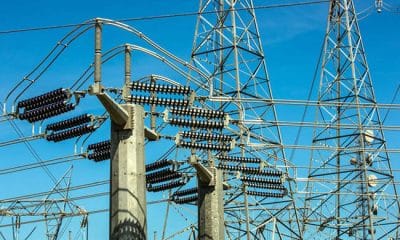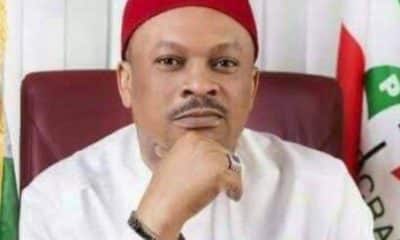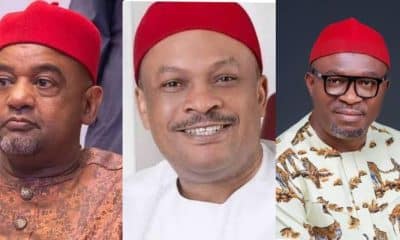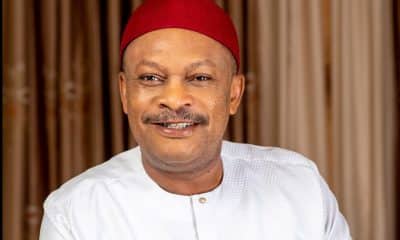Nigeria News
Presidential Election Appeal: Lawyers Decry Shortage Of Supreme Court Justices
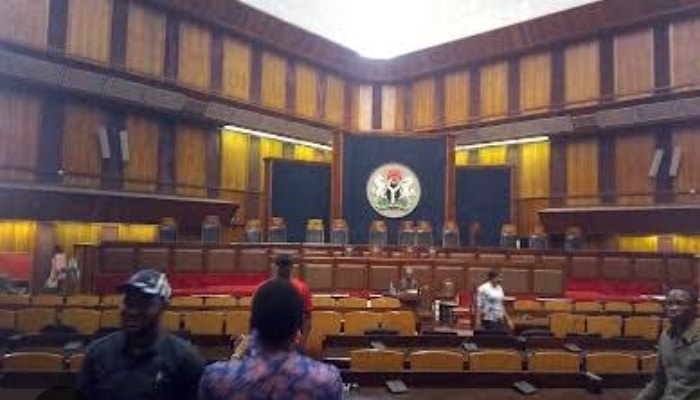
Senior lawyers in Nigeria have pointed out that the country’s Supreme Court is currently short on justices, hence, they fear that the 60-day presidential election appeal period in the apex court would put other appeals on hold unduly.
Naija News has reported that Atiku Abubakar of the Peoples Democratic Party (PDP) and Peter Obi of the Labour Party (LP) unsuccessfully challenged the election of President Bola Ahmed Tinubu at the Presidential Election Petitions Court (PEPC).
Hence, they are expected to appeal the ruling of the PEPC’s ruling within 14 days of the ruling. Since the ruling was on September 6, they have until Wednesday, September 20, to file their appeal before the Supreme Court. This is expected to lead to unwarranted issues in the justice system of Nigeria due to a shortage of justices.
Note that the country’s constitution mandates that there should be 21 justices at the Supreme Court level but there are only eleven active justices at the apex court because several recently retired justices have not been replaced.
The Supreme Court is expected to select a panel of seven justices to hear the presidential appeal which means that only four justices will be available to hear other cases at the apex court because other justices will be busy focusing on other election petitions during the 60 days permitted under the constitution.
The four judges who will be left to focus on other pending appeals will not be enough to carry out their duties because the Supreme Court requires at least five justices to hear cases.
The Chief Justice of Nigeria (CJN), Olukayode Ariwoola, gave the justices a breakdown of the size of the work before them in November by citing that there were 6,884 cases on the court’s waiting list.
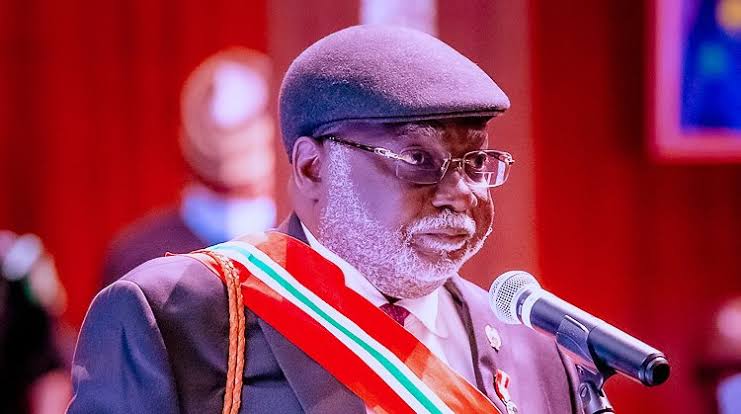
The Chief Justice of Nigeria (CJN), Olukayode Ariwoola.
Due to the obvious challenge of the shortage of justices, the National Judicial Council (NJC) requested applications in June after announcing the existence of 10 new Supreme Court bench openings.
Eleven candidates are now going through the screening and interview procedure required to name new justices, claims a top Supreme Court official via the Nations Newspaper.
The NJC will make recommendations to the President following the screening.
“I assure you that within the next three weeks, new Justices will be unveiled for the Supreme Court”, the official told the Nations.
“The process, which commenced earlier this year, was delayed by the court’s vacation. Now that the court is resuming, coupled with the concern being expressed by many, I assure you that the process will be fast-tracked.
“Everyone knows the effect the current state of affairs will have on the court’s capacity to effectively function with only 11 Justices out of the 21 allowed by the Constitution.
“I assure you that the ongoing process will be concluded within the next few weeks. The only delay could be with the President, who will be required to seek the Senate’s confirmation, and the Senate, which will be required to confirm those recommended for appointment.”
What lawyers are saying concerning the shortage of justices in the Supreme Court
Nigerian lawyers claimed that the Supreme Court’s diminishing bench could result in a judicial crisis in the country.
They warned that if seven of the available 11 judges were nominated to the presidential election appeal panel, there would only be four justices available to hear the thousands of cases currently pending at the apex court.
Hence, lawyer-activist Ebun-Olu Adegboruwa (SAN) urged the National Judicial Council (NJC) to fill the positions as soon as possible.
Adegboruwa also begged the NJC to pick candidates while taking into account, among other things, gender equity, competence, and national spread.
He said: “I think it’s important that we look at the issue of geographical spread as stated under Section 14 of the Constitution.
“Now we have six geopolitical zones in Nigeria, I believe we should look at the ones that are presently there and the ones that are not represented and ensure there is quality representation in the appointment of justices for the Supreme Court.
“So, the National Judicial Council should also look at the request of the Nigerian Bar Association and the Body of the Senior Advocates of Nigeria (BOSAN) to consider active legal practitioners who have made distinction and have reputation and integrity.”
Also, a Nigerian lawyer with the U.S. Nigeria Law Group in Washington, D.C., Emmanuel Ogebe, asserted that the Nigerian Supreme Court needs at least 21 judges to be fully staffed during an election year.
Another lawyer, Festus Ogun asserted that there aren’t enough judges to complete the two panels of the court, which could have disastrous effects.
He said, “We have 11… just 11. That means there is just one panel, and because it’s a constitutional matter, we must have not less than seven justices of the Supreme Court. That means you can’t have two panels. How are they going to do it?”
The process of appointing Justices For the Supreme Court
In a June notice that formally announced the commencement of the appointment process, Justice Ariwoola requested nominations from the Supreme Court judges, heads of courts, and the Nigerian Bar Association (NBA) to fill the vacated benches at the apex court.
In a June 17 email to lawyers, the president of the NBA, Yakubu Maikyau (SAN), confirmed receiving the CJN’s letter asking him to find individuals who are suitably qualified to be recommended for nomination to the Supreme Court of Nigeria.
For vacancies on the Supreme Court bench, Maikyau recommended that interested and qualified lawyers send their expressions of interest to the NBA office in Abuja by no later than June 21.
According to the CJN statement, there are openings in the geopolitical zones of the Southeast (two), Southsouth (one), Southwest (two), Northcentral (two), and Northwest (one).

